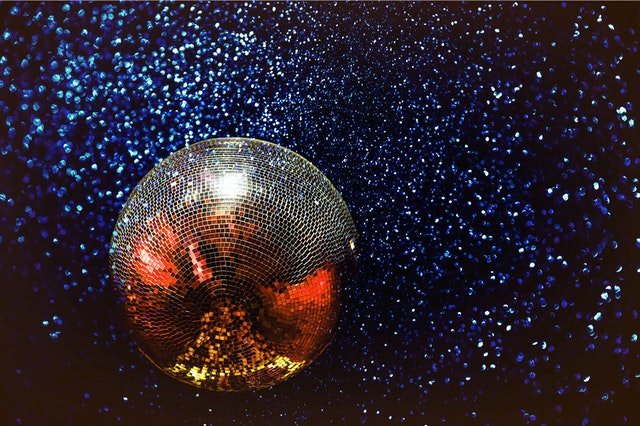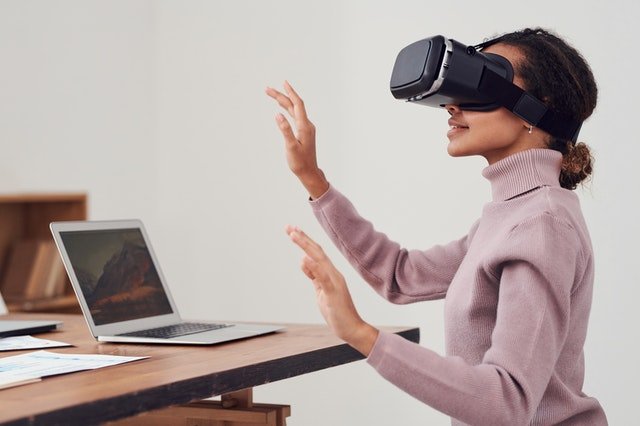
Do a little dance, make a little love...
Name a decade, any decade.
No matter which you choose, chances are you have a "sense" of it as a period in time. The 90's was grungy garage music, hip-hop, shirts-tied-around-waists, and emo angst. The 70's were discos, bell bottoms, Ataris, and Sanford and Son. And the 80's were Rubix cubes, Challenger, the Nintendo Entertainment System, and Arcades.
So on and so forth.
Except when we came to the 2000's. From the year 2000 to 2010 I would argue that instead of one epoch, there was closer to one-and-a-half. Up until around 2003 or 2004 felt different from the 90's, but not so distinctly that it could be mistaken for what came after.
Between the years 2005 and 2010, society was noticeably transformed by social networks and truly portable tech. Our society is still grappling with the ramifications of both, today. Before those years the options were Livejournal or Myspace. But after, there was an explosion as Facebook, Twitter, Youtube, and Instagram (along with some others that aren't around anymore - RIP Vine) hit the scene and, importantly, we started carrying them around in our pockets as smart phones became more prevalent advanced.
However, at this point in time progress still felt pretty slow. Sure, there were social networks, but they hardly felt like they were reaching into every corner of our lives. That wouldn't come until later.
Getting Faster

Time keeps on slippin'
But if you're not yet convinced, that's okay. It is my belief that the years 2010 to 2020 prove my point best of all, anyway. The years 2010 to 2015 felt like a markedly different point in time than the years 2015 to 2020.
Before 2015 you probably had no clue what bitcoin was (and if you did, you likely didn't take it seriously). Artificial intelligence was considered by most to be a complete joke (Lee Sedol would not lose to Alpha Go until 2016). The new space race was definitely not on (rockets were not demonstrated to be reusable until 2015). VR was still in the prototype stages.
After 2015 was a different world.
We now have all of the above aforementioned things, and more. Come to think of it, didn't a humble little site by the name Steemit.com launch in 2016?
And now, in 2021, the world is more different still. We are able to churn out a vaccine in a month. A.I. can fold proteins and talk to us, and there are open-source versions to compete with their big-tech counterparts. VR will be mainstream before the end of next year, and will be used to do work remotely. The flying cars everyone was joking about not being around in 2020? They're already here in 2021, and will be deployed by 2023.
Where It All Leads

Reaching for the future. Just don't hit your head.
If I were a betting man, I'd say that around 2025 we will again noticeably enter a new epoch, this one even more dramatic than the last.
That's a shift in epoch time periods, moving from ten years to five. If I could be allowed to speculate even further, I would say that there's a good chance that before 2040 this will shift to even shorter time periods.
Change means opportunity. If we know roughly when big changes are "due" to happen, we can better prepare to take new emerging ideas and tech more seriously.
And if you happen across these new developments, perhaps you'll think of a humble little article you read half a decade ago. Maybe then you'll think of the author, and drop a line about the new developments. Because from now on when I hear about something that sounds like it should take a long time to mature and develop, I'll know to take it a little more seriously.
Photos:
Disco Ball: by NEOSiAM 2021 from Pexels
Street: by zhang kaiyv from Pexels
Vr Woman: by fauxels from Pexels